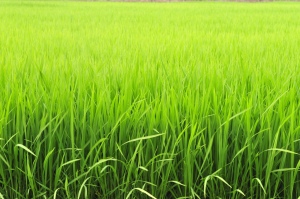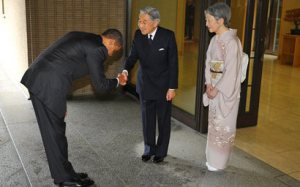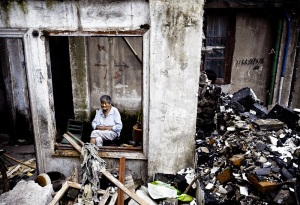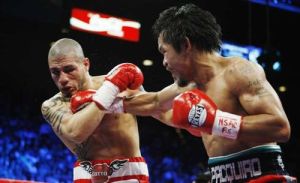I flew home last week, or what I thought was home. As soon as I stepped out of the airport everything appeared as if through a fog, vaguely familiar but somehow different, even foreign. After having spent the past couple of years complaining about, lashing out against and ultimately adjusting to life here in Korea, I found that I no longer felt at home in the city I was born and raised in.
For one thing, drivers in San Francisco have this strange tendency to stop for pedestrians. My first day back, brain addled by sleep deprivation and hours of continuous on-flight movies, I stood frozen when cars stopped at the crosswalk to let me pass. In Seoul there’s no question but that you get the hell out of the way when vehicles approach. I didn’t know what to do, unsure of whether the drivers would gun it as soon as I stepped off the curb.
I think I read somewhere once that San Franciscans were ranked some of the sloppiest dressers among residents of major urban areas. Once upon a time it never would have occurred to me to pay attention to how folks were dressed, but coming from uber-trendy Seoul it’s one of the first things I noticed. People in SF looked like there were walking around in their pajamas.
And the faces. All kinds, all ethnicities. So unlike the never-ending sameness of Korea, that maddening, comforting sense of living in a village/nation where everyone is a variation of the same theme. SF felt fragmented, everyone a stranger who neither shared the same tongue, ate the same food… only occupying the same space. In Korea I am a minority; in SF, everyone is.
That sense of fragmentation seemed to permeate the very air passing through the city, an air straight off the Pacific so clear and crisp like brittle glass that would shatter at the slightest touch. My neighbors of 30 plus years, Korean immigrants who worked their way from the bottom up to secure their piece of the American pie, lost everything in the recent finanical debacle. The father, who barely speaks English, just shook his head in disgust when he told me. “30 years, stupid stupid….” My wife urged them to return to Korea.
When I landed at Incheon International I breathed a sigh of relief at the familiarity around me. I left a place that I’ve always thought of as home, a place where traditions crumble and reform in a continual act of self-creation. I’m not sure now whether it’s home or not, but I wonder whether in the end that’s what it means to be a San Franciscan. Allowing the walls of certainty to come crashing down so that you can then rebuild them, piece by piece.
Filed under: America, Asia, Daily life, Identity, Opinion | Tagged: America, Identity, immigration, Korea, travel, US | Leave a comment »

















